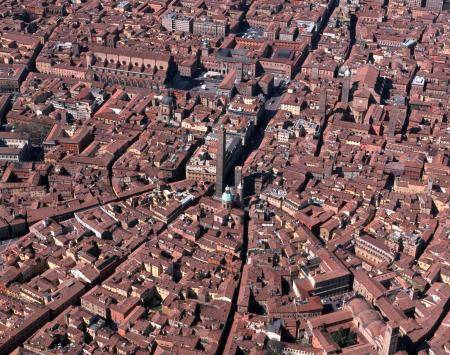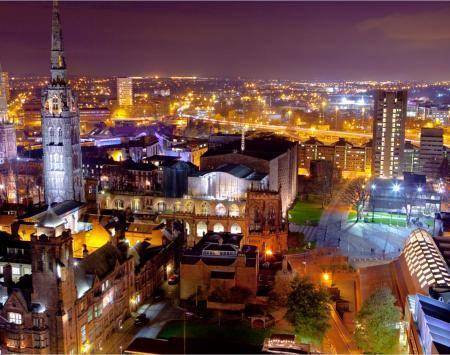
Antwerp
Integration of migrants and refugeesCURANT - Co-housing and case management for Unaccompanied young adult Refugees in ANTwerp (Closed)
"With this initiative, we want to ensure that young fugitives have the opportunity to rebuild their lives in Antwerp. Our first priority is the integration of these youngsters who, like all youngsters, deserve that extra helping hand. Curant combines human compassion and social responsibility. We hope Antwerp can be a leading example for other cities"
Within the refugee population, unaccompanied minors are the most vulnerable group.
Even though these minors get offered care and protection (as determined by the European and international standards), the specific help they get is only available until they reach the age of adulthood.
Once these minors reach the age of 18, they are no longer able to benefit from subsidized shelter, mandatory integration courses, enrollment in reception classes, customized trainings, nor the support from a legal guardian.
As a result, these new adults often live in depraved housing properties.
They also risk becoming permanently dependent on social welfare. Currently, 326 youngsters that financially depend on the social welfare department of the City of Antwerp find themselves in this situation.
In order to help these young adult refugees, the CURANT-project proposes a mixed use of a set of policy instruments. Curant uses these instruments in a new integrated way to provide both a safe living environment as well as guidance. The CURANT-project not only provides a solution for affordable housing (rent being €250 a month per person), but also a guaranteed one-on-one integration approach.
A total of 75 cohousing units will be set up through purchase, renovation and private renting. In these units minimum 75 and maximum 135 unaccompanied young refugees cohabit with Flemish buddies for at least 1 year. The buddy helps the refugee with different aspects. For example: looking for a job, building a network, learning Dutch.
Furthermore, the refugees are intensively guided during the whole project, on different levels:
• social network and integration
• education
• independent living
• language learning
• leisure time
• psychological counseling
• Professional activation
During the project, the University of Antwerp measures the impact of the cohousing and intensive support on the integration of the young refugees. ‘If social integration and inclusion in the host society is the end goal, cohabitation is the vehicle to get there, the volunteer buddy is the copilot and circular integrated support services provide the fuel to finish the road.’
- Stad Antwerpen
- Solentra (Solidarity and Trauma) - unit of the psychiatric division of UZ Brussel
- JES vzw - 'urban lab' for children and youngsters in Antwerp, Ghent and Brussels
- Vormingplus - NGO
- Atlas integratie & inburgering Antwerpen - NGO
- University of Antwerpen
The project aims to help the target group with education, training and work, creating a network of supportive relations and dealing with (war) trauma. The refugees transcend their status as welfare beneficiaries and are able to create a good future in Antwerp. In turn, their success stories set an example for their peers as they personify a successful integration. Successfully integrating young refugees to society contributes to a more harmonious urban community and an increased public safety.
The buddy’s will sharpen their intercultural qualities and take up an exemplary role as pioneers of a welcoming society. In the meanwhile, both groups benefit from living in affordable housing. The main partners will have actively acquired expertise on working with the target group.
Thus they are able to develop cooperative working methods, allowing regular future services to be tuned.
February 2017: the first cohousing units in urban patrimony are renovated, recruitment of the first buddy’s and refugees starts
November 2017: first 30 refugees and 30 buddies are selected and living together
May 2018: first refugees and buddies moving out of the project and presentation of first evaluation from University of Antwerp (CeMIS)
July 2018: opening of 16 modular units (two bedroom apartments on 1 site)
October 2018: all investments are made and there is a peak of 66 newcomers and 66 buddies in a trajectory
May 2019: presentation of second evaluation from University of Antwerp(CeMIS)
October 2019: project finished with a press conference on project results and knowledge sharing at different levels




























